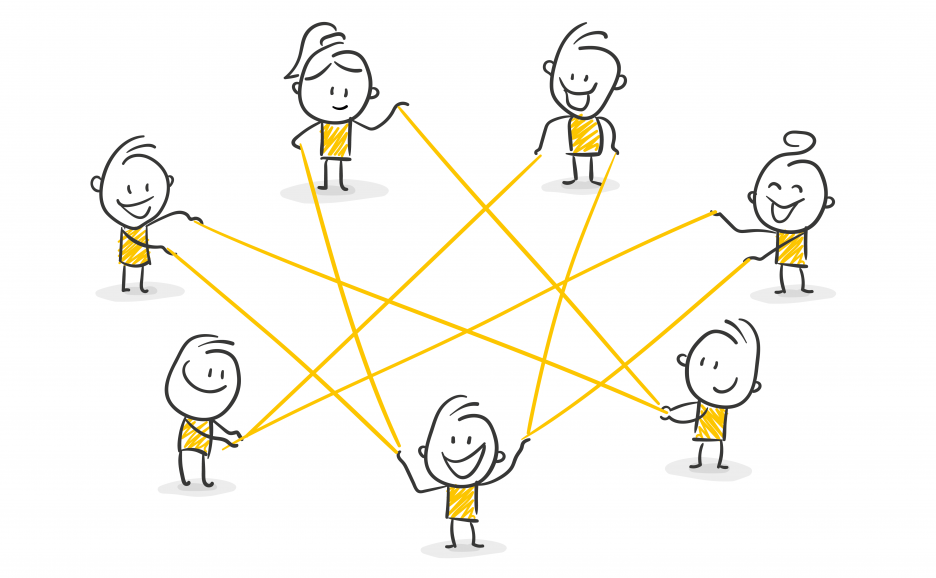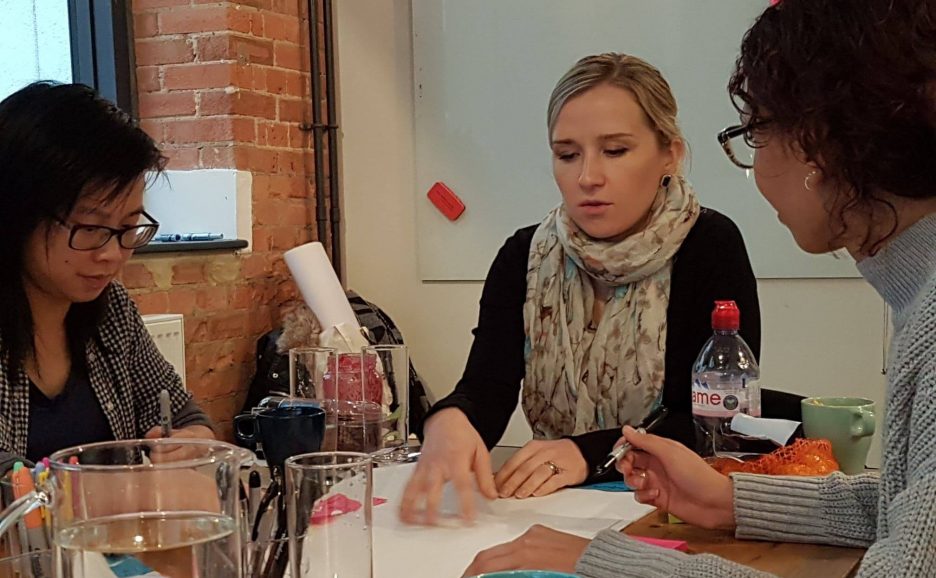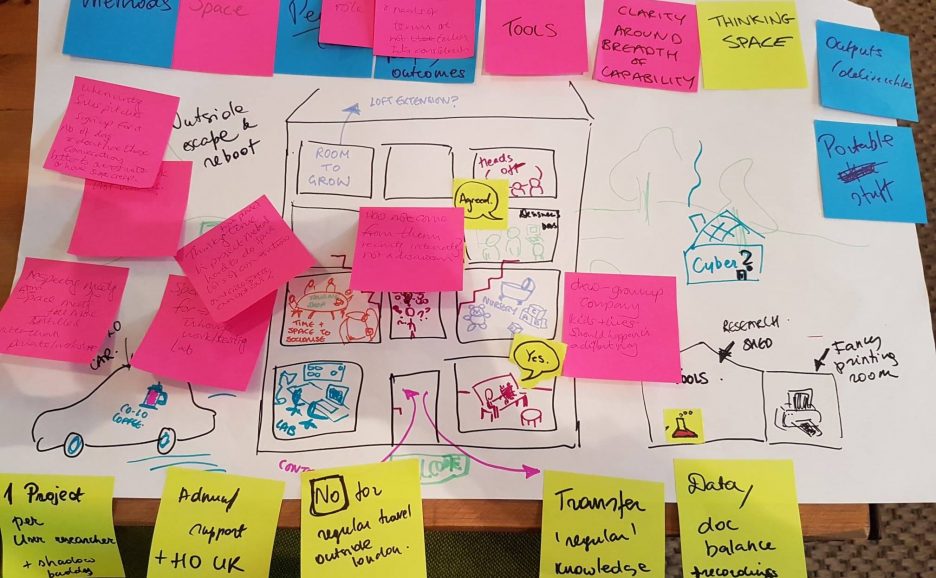Collectively defining our user research principles
Why we did it

At dxw, all user researchers have different personal, academic and professional backgrounds. This diversity makes us better as a team. We have a strong collective capability, allowing us to successfully take on a variety of challenging projects, to have more impact and deliver better outcomes in the public sector.
We work in multidisciplinary teams with minimal hierarchy. Because of this, there’s a certain collective power and agility to our teams but it also comes with some interesting challenges.
With growing teams and more impactful projects, we need to continuously improve and unify the way we work. At the same time, we need to make sure individuals are empowered and supported, not micromanaged and stifled by processes and rules.
A set of principles is one way to achieve this.
The principles we now have
At dxw, we believe in making decisions based on evidenced user needs. As researchers, we help multidisciplinary teams learn about users and recognise the value of user research. There is no single right way of doing this, but as a team, we need to be consistent in the way we approach, perform , and talk about research.
Our principles are not rules. They give us the flexibility and autonomy to do the best work while also helping us be more consistent, and become more valuable to our teams:
- Review, but don’t reuse
- Be methodical, not uniform
- Share often, stay flexible and move forward
- Be honest, even if the truth hurts
- Take ethics seriously
- Challenge yourself to do great work. It’s better than formal reviews
- Share the unknowns and admit limitations
- Be bold. Show what’s important first
- Build confidence in user-centred design
- Be dispensable. It’s about the users and the team, not you
If you’d like to read up on each of these points, you can find them in our playbook.
How we got here
Our principles have taken a while to finalise and we’ve been on a journey as a team.
Back in December 2017, we had a user research day out. At the time there were four of us and two were recent joiners. Working on client projects, we hadn’t had a chance to properly reflect on our experiences as a growing team so the day out was the opportunity for us to do just that.
We had an external space hired for the day and a brilliant facilitator to help us get the most out of it. Beforehand, we spent a couple hours thinking and articulating what we wanted to get out of the day.
We started a conversation based on some overarching questions like:
- What’s a typical user research project at dxw? What are our pain points and our needs as user researchers with that?
- How do we grow and develop our skills as user researchers?
- How do we improve the way we work with others like delivery managers, developers, content designers?
- How do we improve the way we work and communicate about what we do with clients?
- How do we help clients recognise good user research practice?

As part of the discussion , we came up with some themes and picked three as our top priorities to tackle. We also noted what tangible outcomes we might want to get from those activities.
One of the themes we prioritised was about us as a team. We agreed that we needed an activity to help us with our collective vision for approaching user research, and to a larger extent, service design.
We wanted to use this as a foundation of how we plan and execute the work we do, and how we communicate that internally and externally. As an outcome we wanted to answer “what are we [user researchers] here for?” and create a draft set of principles to work on.
During the day out we did a few different things to help us get to know each other better as individuals and professionals. We also started work on our value proposition and began to think further about our needs and pain points.

The most important outcome of the day was a better sense of how we feel as a team. We defined a broad vision and created a draft document to create written content that would help us communicate about our work and our needs. We tackled sections of the draft document during our firebreak, which is a two-week period before Christmas where we don’t work on client projects. Instead, we focus on improving the way we do things as a company.
Towards the end of the firebreak, we found ourselves with lots and lots of content that we needed to simplify and divide, as it was clear that not everything is a principle.
We ran a co-working session. Looking at our own playbook, and popular design and research community sources like the GDS design principles, IBM’s research principles and IDEO design toolkit we were able to split all of the content into one of three categories: principles, workflow, and guide or template.
We also got the rest of the team to join in and review to as user research is a team sport and we’re building products and services together!
Now what?
We now use our principles and workflow to introduce new joiners to our ways of working and to hold ourselves accountable for the way we work.
We also have a clearer vision for the team and things we need to improve on, as well as a list of guides, templates and other things we need to do. We’ve set up bi-weekly user research catch-ups to work on these.
Personally, I think that the conversations we had were more valuable than the outputs, but the outputs will help us keep the momentum going and mark things as done. It’s important and satisfying to be able to see things getting done and most importantly feel the impact it has on our daily work!